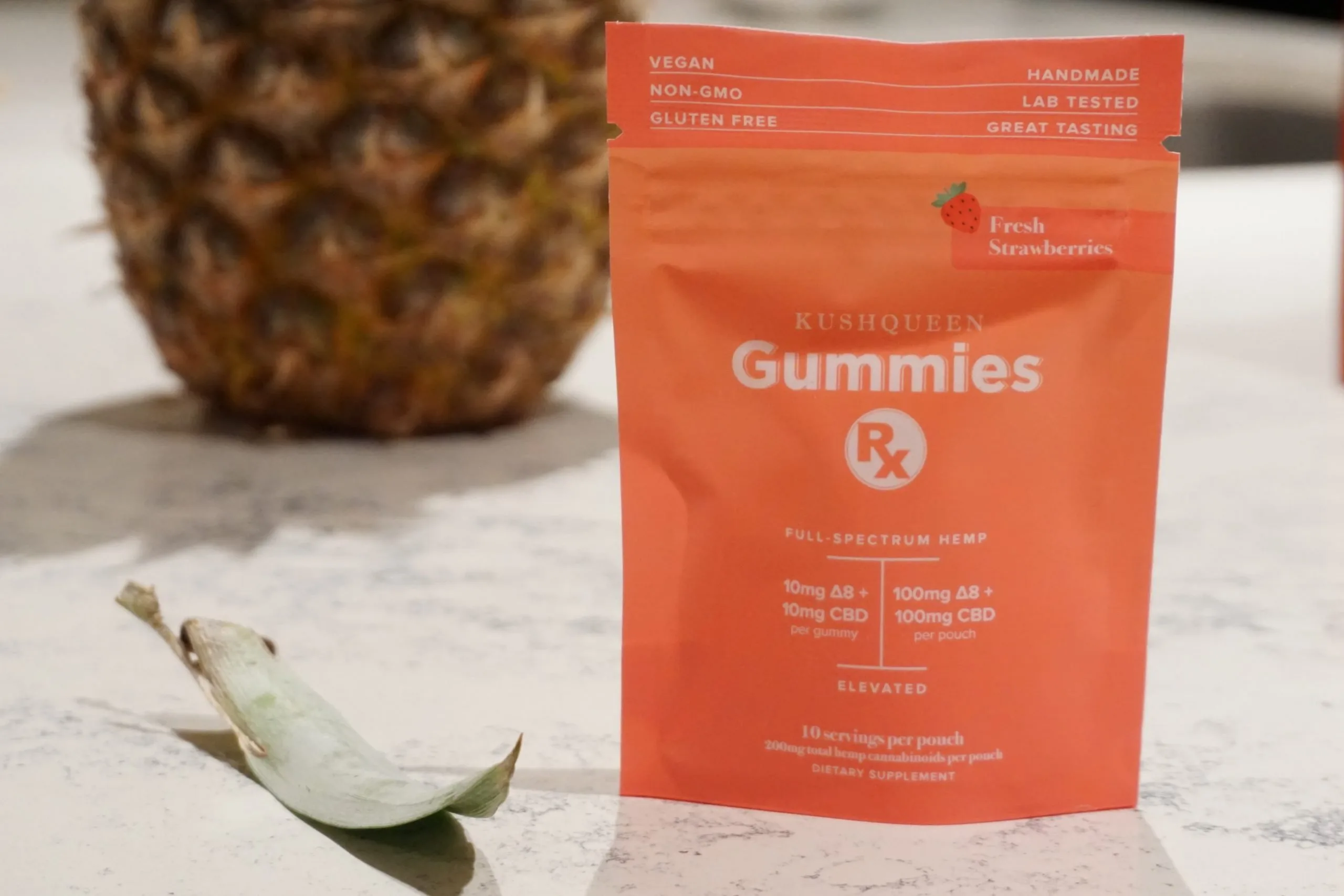*Disclaimer: Very little research has been done on the health effects of delta-8 products. Numerous states have banned the sale and manufacture of delta 8 due to its potentially psychoactive effects, and little regulation exists to ensure that delta 8 products are safe and free from adverse side effects. Those that choose to buy and use delta 8 must do so at their own risk, with an understanding of the laws and regulations that exist in the state and/or region they live. This article was supplied by Dylan Baker and supported by TechSors marketing agency in the interest of providing accurate information that provides both the pitfalls and the benefits of delta-8 only for medical use. This is paid content and is intended for adult educational purposes.
Few other markets have changed as rapidly or significantly over the past 10+ years as the cannabis market. In less than a single generation, cannabis has gone from an illegal, deeply stigmatized drug to a viable natural medicine that’s becoming increasingly recognized by both doctors and state legislatures. Recent discussions have even been introduced on a federal level to legalize cannabis nationwide. Of course, not all states have “bought in” to the potential health and therapeutic benefits of cannabis. In a handful of states, cannabis is still outlawed on all levels.
Hemp, however, is legal nationwide thanks to a 2018 U.S. Farm Bill measure known as the “Hemp Farming Act.” On the face of things, this means that virtually any product derived from hemp is also legal. Hemp-derived CBD products have of course been the most popular and gotten the most attention over the last several years. However, as the CBD craze slowly begins to fade away, brands are turning their attention to other products derived from hemp, including delta 8 products.

Photo by Elsa Olofsson on Unsplash
What are Delta 8 Products?
In the simplest sense, delta 8 is a hemp-derived compound known as a cannabinoid. The cannabis plant (including hemp) produces hundreds of different types of cannabinoids, with CBD being one of them. Delta 8 is a cannabinoid similar to CBD, but with a unique range of effects and potential health benefits. Since delta 8 is sourced from hemp, manufacturers have more of a free range to market and sell it, even in states where cannabis (marijuana) is still illegal.
The Legal Gray Area of Delta 8 Products
In reality, the sale and production of delta 8 products occupy somewhat of a legal gray area. While delta 8 doesn’t produce a psychoactive high in the same vein as THC from marijuana, it has far more psychoactive effects compared to CBD. In a research study published by the Journal of Cannabis Research, authors described delta 8 THC as the “nicer younger sibling” of delta 9 THC from marijuana.
For this reason, some states (16, in fact, at the time of writing) have banned the sale and production of delta 8 products, regardless of the fact that they’re made from hemp. The FDA has also recently issued warnings against a handful of brands that sell delta 8, claiming that the cannabinoid may produce “psychoactive and intoxicating effects [that] may be dangerous to consumers.”
Furthermore, similar to the CBD industry, there are currently no regulations in place to oversee the manufacture of delta 8 products. This means consumers could potentially be putting themselves at risk when they use delta 8 products, even if they’re buying delta 8 from reputable, established brands.

Image by Elsa Olofsson from Pixabay
The Potential Benefits of Delta 8 Products
In spite of the unique gray area (and potential safety risks) that come along with the sale and use of delta 8 products, several scientific studies have pointed to potential health benefits associated with delta 8. By and large, the therapeutic benefits of delta 8 THC are similar to that of “regular” delta 9 THC, albeit with less potent psychoactive effects. Furthermore, the Journal of Cannabis Research summarized that delta-8-THC may provide “…much of the experiential benefits of delta-9-THC, with lesser adverse effects.” In other words, it’s possible that delta 8 may produce many of the same therapeutic benefits as THC from marijuana, with less of a risk of negative side effects such as anxiety, paranoia, and overstimulating highs.
There are a handful of established, reputable brands that sell delta 8 products online, and these products are available in the form of both oils and gummies. Some companies are even supplementing their delta-8 gummies with natural calm and sleep-promoting compounds (such as melatonin). This is making delta 8 products an increasingly popular choice for those looking to decrease stress and anxiety, and/or improve their ability to fall and stay asleep.
Given its similar chemical structure to delta 9 THC, which is known to have pain-relieving effects, it’s possible that delta 8 products may have a beneficial effect on things like migraines, joint and muscle pain, and so forth. Of course, far more research will be required in order to come to any definitive conclusions regarding the pain-relieving effects of delta 8.
Final Thoughts
All in all, delta 8 is proving to be a very interesting – if not controversial – hemp-derived compound. It’s also proving to be an increasingly popular compound, as manufacturers watch delta 8 sales climb toward heights previously occupied at the height of the CBD craze.
Still, for consumers that want to try delta 8, it’s important to note that there may be risks involved. The short and long-term safety profiles of delta 8 need to be further researched, and manufacturing regulations need to be set in place to ensure that delta 8 products are safe, reliable, and effective for consumers to use.
Scientific references
National Library of Medicine: Marijuana as Medicine? The Science Beyond the Controversy:
https://www.ncbi.nlm.nih.gov/books/NBK224384/



![women [longevity live]](https://longevitylive.com/wp-content/uploads/2020/01/photo-of-women-walking-down-the-street-1116984-100x100.jpg)










